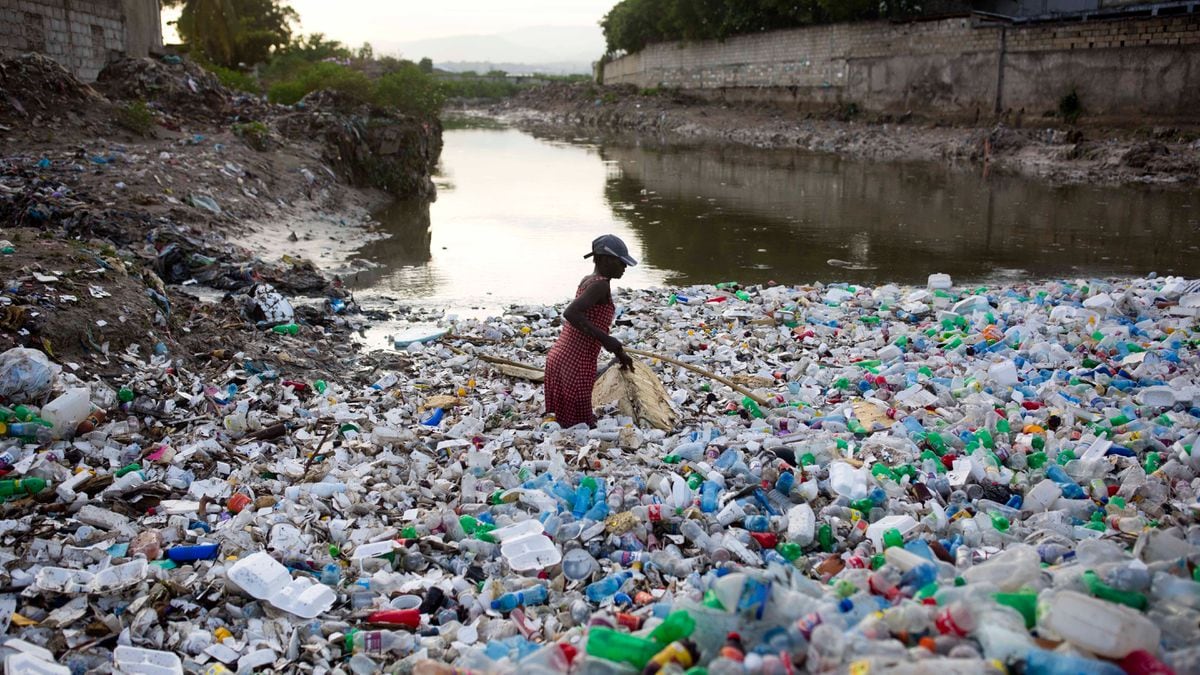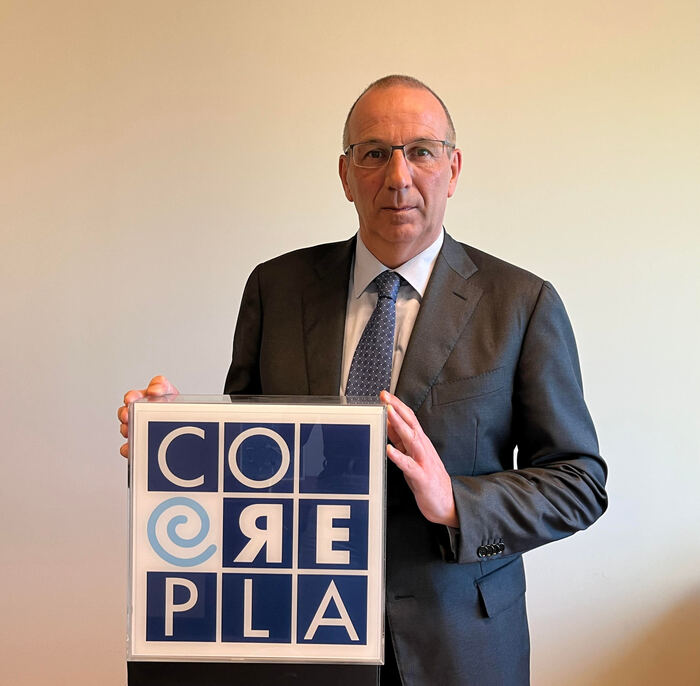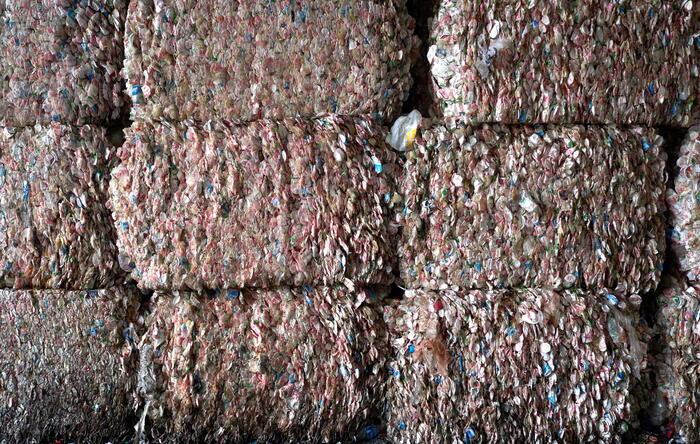Several containers full of plastic waste located by the Malaysian authorities in the Klang Port, in Selangor, last year.FAZRY ISMAIL / EFE
Greenpeace, one of the main environmental NGOs present in Spain, has launched an amendment to the entire packaging recycling system and to Ecoembes, the entity that is dedicated to managing the treatment of such waste through yellow containers.
The NGO has presented a report -
Ecoembes lies: Dismantling the deceptions of the management of household packaging waste
- in which it denounces the "irregularities" and "deficiencies" of a system that "has failed to stop the avalanche" of plastics, according to Mario Rodríguez, director of Greenpeace in Spain, has denounced.
Ecoembes has denounced the "lack of rigor" of the report and describes the information it contains as "false".
A year ago the same environmental organization denounced that only 25% of plastic containers were recovered in Spain, something that Ecoembes denies, which speaks of a recycling rate of around 80%.
Now, this new report from the environmental organization looks at the ultimate destination of much of this waste, which companies that produce and distribute food and beverages are obliged to deal with.
Greenpeace specifically warns of the problem of fires in treatment plants and exports of plastic waste to Asian and, in some cases, African countries.
The NGO has carried out field work in Malaysia, one of the world's centers of illegal waste trafficking, and has located containers and waste from Spain in landfills in that country.
Malaysia has been in recent months one of the hot spots for the traffic of plastic waste, which arrives mixed with other rubbish in shipping containers.
Earlier this year, this country had returned 150 of these containers.
A dozen of them returned to ports in Spain, where an investigation is open to clarify this irregular export.
Ecoembes does not directly manage the treatment and recycling of packaging, but rather through the plants and operators that it approves.
According to Julio Barea, head of the Greenpeace report, some of the companies approved by that entity have exported plastic waste to Malaysia and, in some cases, these wastes have even been returned to Spain.
Opacity in the recycling industry
Chronic dependent plastic
The increase in the arrival of waste to Malaysia and other Asian countries is due to the closure of borders that China has applied as of 2018. A recent Interpol report pointed out that before that veto, Spain used to “export almost 60% of its plastic waste to China ”.
"The current recycling centers do not have the capacity to treat all the plastic that is no longer exported," the Interpol researchers warned in that report.
And one of the consequences that this police agency also pointed to was the increase in fires in treatment plants and landfills in Europe and Spain in particular.
Greenpeace's research indicates that between 2012 and 2019, 269 fires were registered in Spain in treatment plants for all types of waste, not just packaging.
And a part of those claims were registered in 35 plants that "are or have been awarded by Ecoembes", explained Barea.
Greenpeace recalled that Seprona has reached at least 15% of the intentionality index for this type of claim.
Environmentalists also criticize in their report the uncontrolled dumping of plastic waste.
And they highlight the case of the Utiel landfill, in Valencia, where more than 40,000 tons of waste accumulated irregularly over the years.
According to the Greenpeace report, six of the eight companies from which this waste came were certified by Ecoembes.
Ecoembes, through a statement, has criticized this Tuesday the "lack of rigor" of the report and has accused Greenpeace of spreading "false, intentional and far from reality information."
This entity has indicated that "all Ecoembes activity is fully regulated and subject to the control and certification of the Administration", which can punish bad practices.
And, according to this entity, "in more than 20 years" of work in Spain "this has not happened on any occasion."
And he adds: "On several occasions we have offered Greenpeace access to our data so that they could analyze and review them in detail, without obtaining any response from them."
Rodríguez, however, lamented the “blockade” that Ecoembes has made to other alternatives to the current recycling system in Spain, such as the implementation of a model for the return and return of containers.
Greenpeace has asked the Government to include in the waste law that is being processed "real measures based on the circular economy, with the elimination of single-use packaging and the commitment to the reuse and return of packaging."








